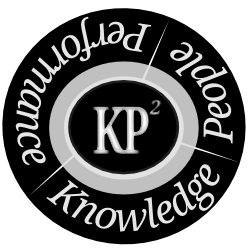The Academy of Management Conference in Boston is just around the corner. It’s taking place from August 3-7, 2012. I had the privilege to attend the conference for the first time last year and wrote several blog posts about the experience. First of all, I’d like to say that the conference is great value for money. Students pay 90 USD for the annual membership and another 90 USD to sign up for the conference. In return, they get five days of high quality symposia, paper sessions, roundtable discussions, and much more.
If you’re a PhD student like myself, you should definitely consider applying for one of the several doctoral consortia. Last year, I attended a session hosted by the Organizational Development and Change (ODC) division. This year, I found another one that suits my research interests even better. It is the PhD consortium organized by the Organizational Communication and Information Systems. The organizer, Professor Yoo, even managed to secure a research grant, which helps most of the attendants finance their stay.
The second most outstanding offer next to the PhD consortia is probably what is called, in AOM speak, a PDW, i.e. a Professional Development Workshop. This type of workshop is targeted at established researchers who want to familiarize themselves with methods they haven’t used before or with emerging fields of research. I’ve listed my favorites below.
- Researching the Informal Economy: Opportunities and Challenges of Social Media Research
- Sociomateriality in Practice: Considering Consequences in Organizational Life and Research
- Advanced Networks PDW: Cutting-Edge Social Network Theoretical Work and ERGM
To my mind, these workshops are a great way to get in touch with the people whose work I’m reading on a daily basis. I’m particularly looking forward to seeing Steve Borgatti, Ann Majchrzak, Samer Faraj, Sirkka Jarvenpaa, Wanda Orlikowski, Jerry Kane, as well as Martin Kilduff present and discuss their recent research projects.

